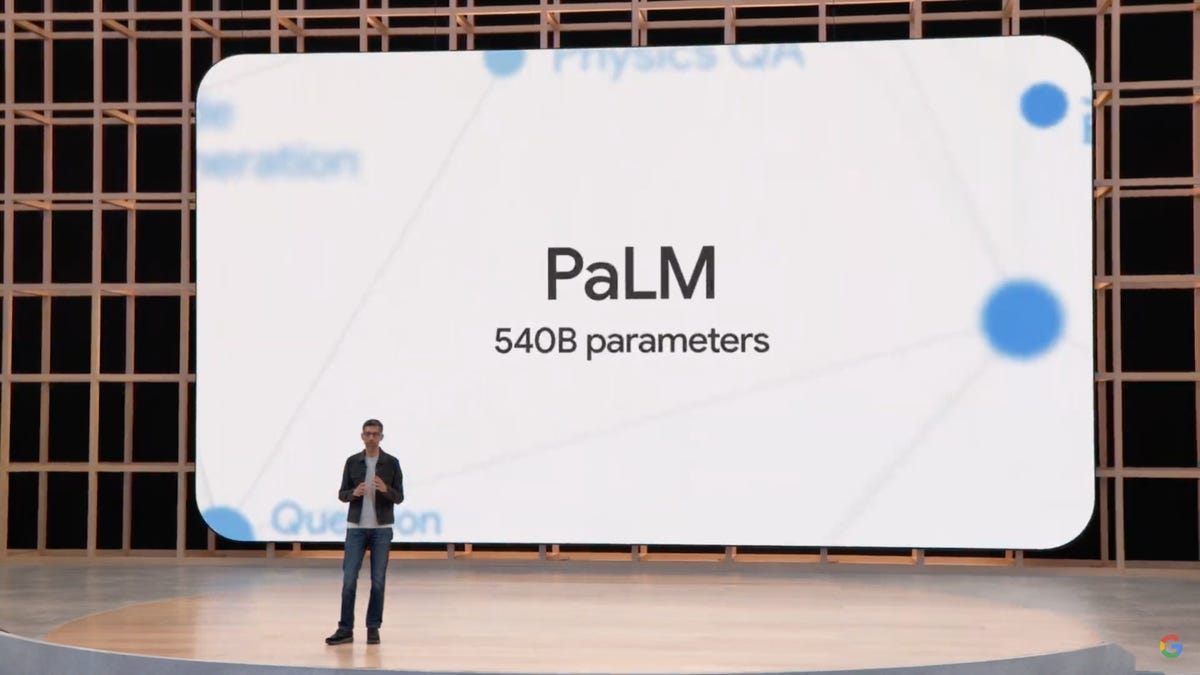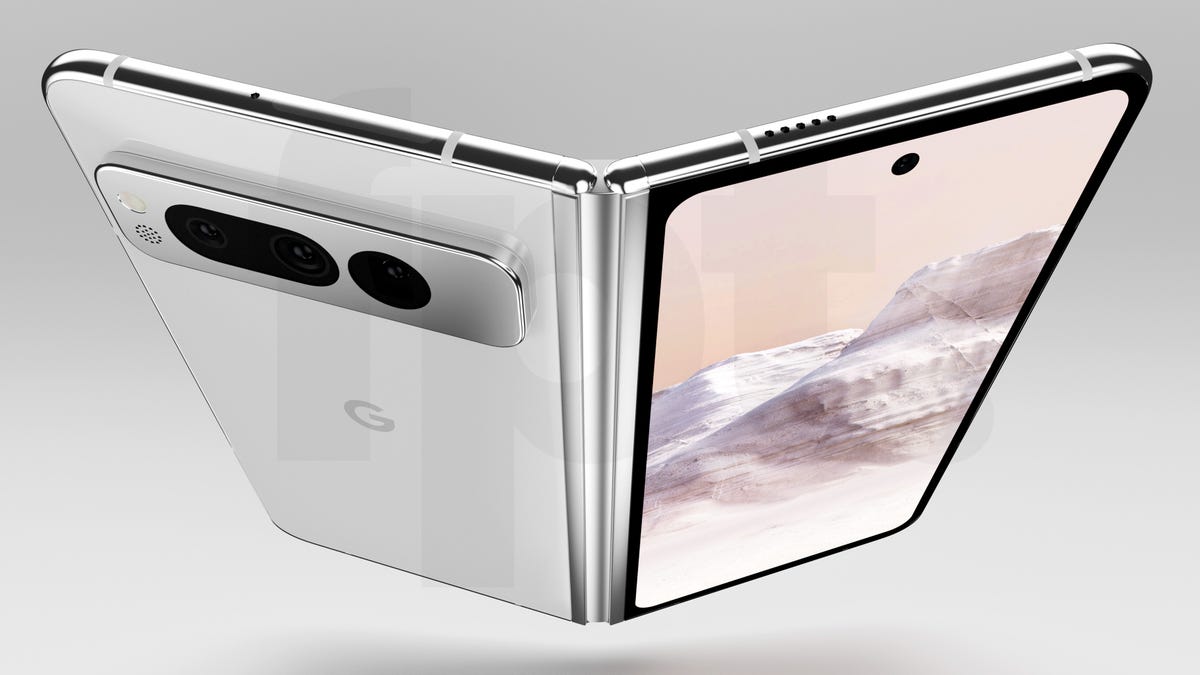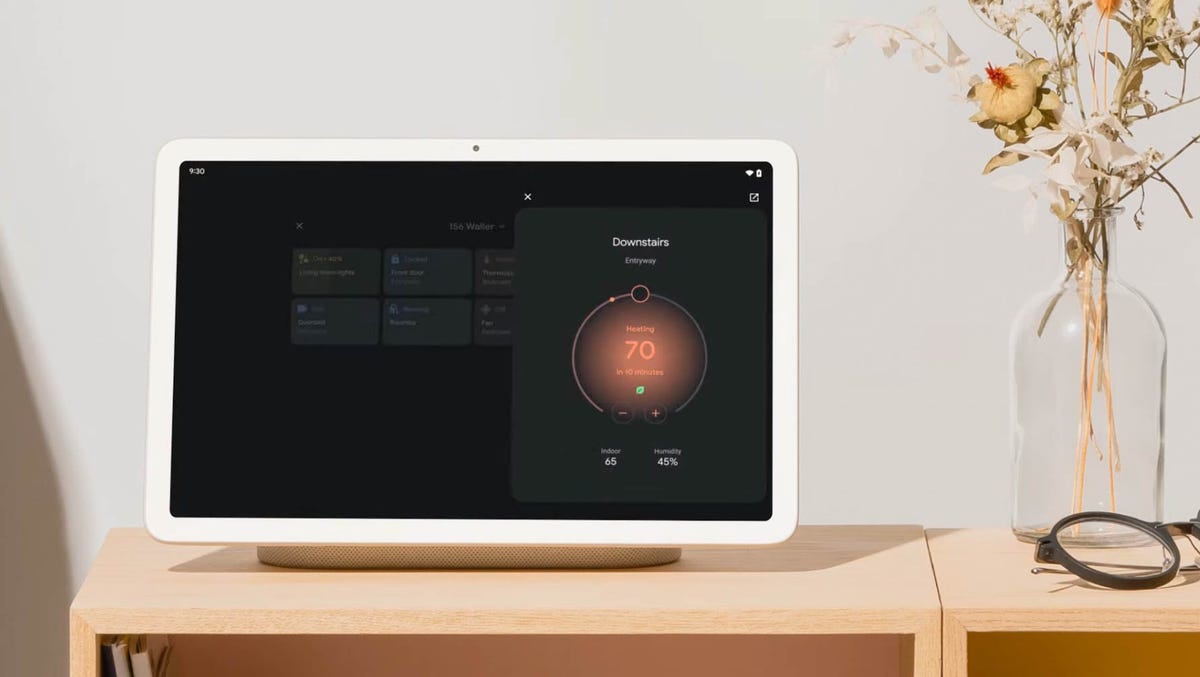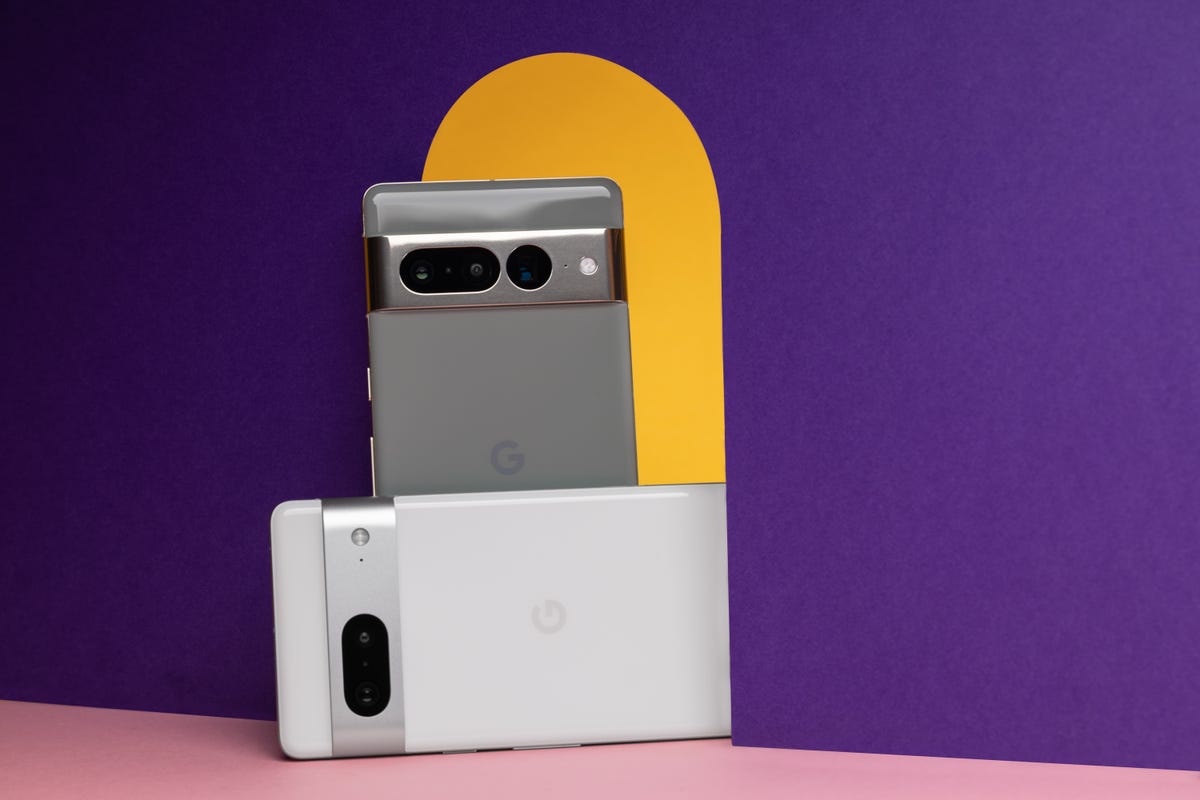
This year’s Google I/O conference could be significant for the search giant, especially with strong competition from Microsoft’s artificial intelligence and ChatGPT.
With Google gearing up for this month’s I/O event, the company is still playing catch-up with OpenAI’s ChatGPT. OpenAI overtook Google in launching an AI-powered chatbot for marketing late last year, and Google was stumbling upon something very exciting. Bard, Google’s answer to ChatGPT, proves mediocre by comparison. Investors had a lot of AI questions during Google’s recent earnings call. Bing’s revamped AI search, which is based on ChatGPT, is also giving Google some competition in the Internet search space, where Bing has seen growth of nearly 16%.
While it’s likely that Google will spend a great deal of time focusing on its AI developments, it’ll also likely take the time to give out new product details, including updates to the Pixel Tablet and the possible unveiling of its first foldable phone.
Here’s everything you should expect from Google I/O 2023.
When is Google I/O 2023?
This year’s Google I/O conference will be held on May 10th, and the keynote will start at 10am PT. For those interested in tuning in live, you will need to register on the Google I/O website.
Is Google I/O in person?
This year’s I/O will also be the first since 2019 to have a press presence. CNET will be on the ground reporting on the latest developments. Unfortunately, it will not be open to the public.
Expect a lot of artificial intelligence

Sundar Pichai talks about PaLM at Google I/O 2022
screenshot / google
Last year’s Google I/O conference put a strong focus on the company’s AI developments. CEO Sundar Pichai talked about its models’ ability to recap meetings and large amounts of text while also being able to understand jokes. However, none of these products were made available to the public. And after a former Google employee began saying that the company’s chatbot had become sentient, Google was understandably reluctant to give members of the public or press the chance to talk to this chatbot.
But then ChatGPT came along late last year. OpenAI was able to do what Google couldn’t: release an AI chatbot to the public for free. It’s not that it was beyond Google’s ability to do so. Instead, Google felt it would be irresponsible to do so. This was after Google fired its AI ethics chiefs in late 2020 and early 2021, and finally reformed its AI teams after months of turmoil. It should also be noted that AI chatbots may threaten Google’s core ad-driven search business model.
But these AI products have some problems to contend with. Chatbots like Bard or ChatGPT work by drawing from huge data sets of human typed text available online. The problem is that humans have certain biases, and chatbots can sometimes lean into those biases. And because chatbots are like Autocorrect for stimulants, the goal is not to get the facts right, but to get the next word correctly constructed. This can sometimes lead to “hallucinations,” situations in which the chatbot confidently displays inaccurate responses. Earlier this year, Microsoft restricted Bing chat to five responses to keep things from getting too awful, after Bing’s AI chatbot told New York Times reporter Kevin Rose that he loved him and that he should leave his wife.
Given that Google fumbled the launch of Bard, sending shares plummeting, and that Samsung may be looking to switch to Bing on its phones (possibly due to Bing’s integration with ChatGPT), Pichai and Co. To use their presence on stage in order to impress.
The New York Times reports that Google is actively working on an AI-powered search engine, codenamed Magi. While we couldn’t independently verify this, it’s hard to say if Google will reveal or even hint at Magi. She may need more time to nod off before she is revealed to the full audience.
Either way, expect announcements of many new AI products and all the ways Google feels its AI engines are outperforming the competition.
It’s time to unlock the Pixel Fold

Google Pixel Fold in the form of a view.
Technical front page
After years of rumors, Android fans will finally get to see a real Google-made foldable Pixel device at this year’s I/O.
When it comes to hardware, Google is rarely shy about revealing its latest products early. On the unofficial Star Wars holiday, May 4th, Google posted, via a tweet, a short video clip online with the hashtag #PixelFold. The Made by Google Twitter account tweeted, “May the Fold Be With You,” a pun on the classic Star Wars line.
The video shows a relatively thin and sleek foldable device floating in the air. When unfolded, it has a more stretched design, which is a departure from the tall and narrow aesthetic of the Samsung Galaxy Z Fold 4. It appears to be more akin to the Oppo Find N. This means that when closed, it will have a more traditional smartphone 18:9 aspect ratio. The height, rather than the long Z-shaped candy bar shape is 4 times higher. And when opened, it will be more square than it is rectangular. The bezels on the inner screen appear to be larger than Samsung’s foldable.
Rumors reported by Front Page Tech say that the Pixel Fold will only come in either black or chalk (white). It will be It is said to be closer to the $1,800 range It will be released on June 27.
One rumor that hopefully isn’t true is that the Pixel Fold will use a much older camera system, like the one found on the Pixel 5 from 2020, according to 9to5Google. Given that the current Pixel 7 Pro has an excellent, nearly DSLR-level camera, a $1,000-plus phone in 2023 with a camera from three years earlier would be a definite disappointment.
Pixel 7A and Pixel Tablet

Google Pixel tablet on a shelf.
Screenshot / CNET
Google usually takes the time at I/O to unveil a cheaper version of last year’s flagship Pixel. Rumor has it that the Pixel 7A will be revealed at I/O. It will reportedly be $50 more expensive than last year’s Pixel 6A at $499. Considering that the standard Pixel 7 can be had for $599, the A-series could knock it very close to the price if the rumor turns out to be true.
At this point, it might be best to wait for a sale or price drop on the Pixel 7 or buy a used one in very good condition.
Either way, expect incremental upgrades around the board for the Pixel 7A. Just like other A-series devices, it will likely feature the same Tensor chip found in its flagship counterparts, with camera, screen, and build improvements.
Google is also likely to receive more details about the Pixel Tablet. The company has already said it will arrive this year, and with its dock — which will be sold separately, likely for $129 per recent Amazon listing — it could also serve as a smart display. Since Google has ended software support for third-party smart displays, some may feel the need to upgrade.
Teaser for Android 14 and Pixel 8

Pixel 7 and Pixel 7 Pro.
Andrew Lanxon/CNET
While the Android 14 beta is now available for Pixel devices, expect Google to provide more details about the next version of the mobile operating system. Google said it will bring greater compatibility with tablets and foldables in Android 14, according to a blog post in February. It’s good news because experiencing Android on the big screen feels like an afterthought.
Other than that, Google has already talked about satellite connectivity. Also expect standard incremental improvements in speed, battery life, and usability.
Most likely, Google will not leave the show without giving fans a small glimpse of its next flagship smartphone, the Pixel 8, as it has in previous years. Given that Pixel devices tend to leak online months before they’re released, Google seems to have found it better to tease this up in advance than deal with a pre-release leak.
For more, check out our list of Google products to expect this year and how the Pixel Fold could save foldable phones.

